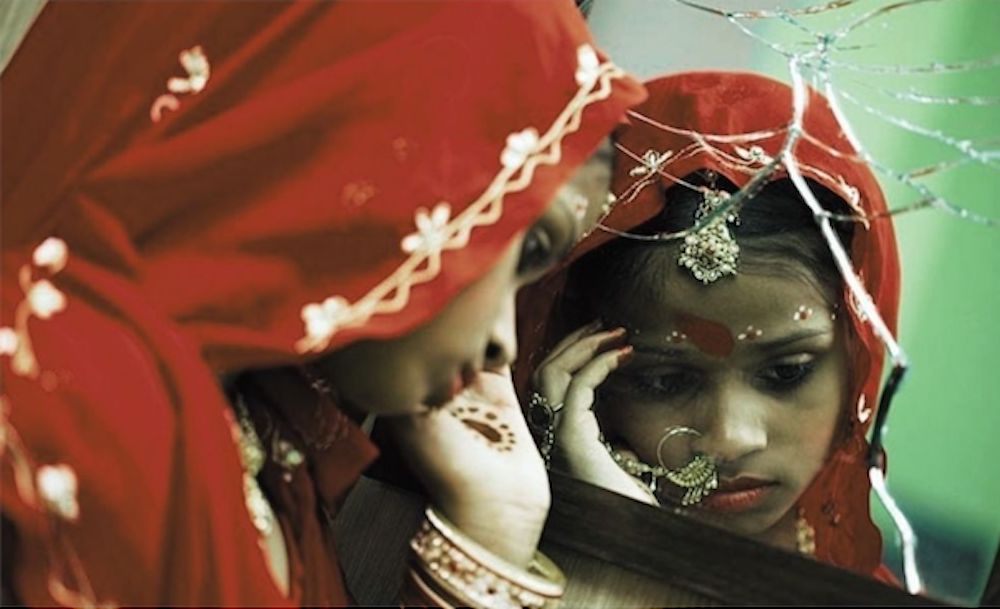Soni Satti
The Punjab and Haryana High Court explained that the Prohibition of Child Marriage Act, 2006 does not discriminate based on religion.
The High Court made these findings while hearing an appeal from a Muslim runaway couple requesting safety from the families. The petitioner girl was 18 years old, and the petitioner boy was about 21 years old.
The Court, granted the couple protection, stating that while a male between the ages of 18 and 21 is a child and his marriage to a female adult would be considered as child marriage, he cannot be punished for contracting a child marriage.
The High Court while hearing the plea cited the Supreme Court’s decision in the Hardev Singh v. Harpreet Kaur case, which held that if a girl or woman is of marriageable age in terms of the Act (over 18 years), no offence punishable under its provisions may be created.
The case came before the High Court after Jaspreet Kaur alias Jaspreet Begum and Azim Khan, residents of Fatehgarh Sahib in Punjab, filed a petition seeking protection of their life and liberty after marrying against their parents’ wishes on April 18.
In response to a particular question from the Court, the petitioners’ counsel argued that they were not in a forbidden relationship with each other or married previously. The High Court, on the other hand, was told that the girl had converted to Islam to marry the Muslim boy.
Since the protection of life and liberty is a constitutional right guaranteed by Article 21 of the Constitution, the High Court dismissed the petition with a directive to the SSP Fatehgarh Sahib to ensure that the petitioners’ lives and liberty are not jeopardised or threatened by their families.
The High Court also stated that if the age of the girl is verified to be under 18, this order would not prevent authorities from initiating proceedings under the provisions of the Prohibition of Child Marriage Act, 2006.

